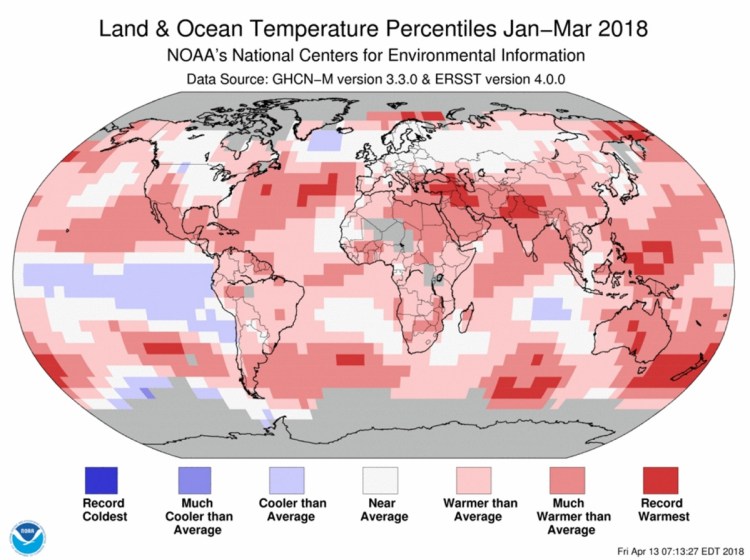Tick-tock, tick-tock.
Everything rolls along as usual. The violets and bluets are out here in Troy. The shadbush blossoms are back, white on brick-colored leaves. Bebb Willow Catkin haunts my internal monologue, as it does every May. The black flies are aswarm. Or at least, they’re back in big droves after weirdly light turnouts the last couple of years. The age-old plot of this book looks like it’s staying the same, if just delayed a week or two.
Tick-tock.
It’s funny how summer and old age creep up on you. One day you realize the yellow flowers on the lawn have stopped being dandelions and have turned into hawkweeds. Queen Anne’s lace will sneak into the grass, shadowed by meadowsweet and steeplebush, and before you know it, yellow, crackling birch leaves are littering the deck.
Right now, though, things look pretty much the same now as they did, say, a year and a half ago. Spring came back. I’m not decrepit. World War III has not broken out. No glaciers have melted here in Troy. The water in my well is still clean. Every time I look directly at a clock, the hands are not moving. Maybe there’s nothing to worry about, after all.
But as a disturbing science fiction novelist famously observed: Reality is that which, when you stop believing in it, doesn’t go away:
• March worldwide was the fifth-warmest on record. The top three warmest Marches occurred in 2015, 2016 and 2017, if you can still believe NOAA, anyway. NASA says this March was the sixth-warmest.
• In February, temperatures in the Arctic spiked to 45 degrees higher than normal. Early this month, they reached 30 degrees higher than normal.
• From 2011 to 2015, sea level rose 1 inch per year in some areas of the Southeastern states, a study found.
• From 2005 to 2009, the rate of decline of smog-forming nitrogen oxide emissions was 7 percent per year. From 2011 to 2015, the rate of decline was 1.7 percent.
• This month, the Trump administration canceled NASA’s Carbon Monitoring System, which funded projects providing data on greenhouse gas emissions and carbon stocks.
• In April, the head of the Environmental Protection Agency, Scott Pruitt, announced the agency will review the planned changes to fuel-efficiency standards for cars and light trucks. He wants to roll them back. About one-sixth of U.S. greenhouse gas emissions in 2016 came from cars and light trucks.
• Also in April, President Trump directed Pruitt to step up a review of state smog-reduction plans. They want to make air quality-related permits easier to get.
• Pruitt has proposed eliminating many scientific studies that contain confidential health-related data from consideration in new regulations. In other words, he wants to curb the use of scientific findings in regulatory plans.
• The release of a draft study by the Agency for Toxic Substances and Disease Registry showing that chemicals used near U.S. military bases are more dangerous than previously reported has been delayed indefinitely by EPA bureaucrats because, according to the bureaucrats’ own emails, the information would cause a “public relations nightmare.”
• In April, former coal-industry lobbyist Andrew Wheeler was confirmed as deputy administrator of the EPA. He also was chief of staff for Sen. Daniel Inhofe of Oklahoma, who has repeatedly denounced the scientific fact of climate change as a hoax. Pruitt used to be the attorney general of Oklahoma.
• Pruitt is being investigated in a dozen incidents of apparent bureaucratic corruption.
• A large-scale developer of solar energy, Cypress Creek Renewables, halted investments in $1.5 billion worth of renewable energy projects because new U.S. tariffs on imported solar technology are driving the costs of the projects too high.
• The Federal Emergency Management Agency has eliminated the phrase “climate change” and associated phrasing from its strategic plan.
• NOAA’s website, which a year and a half ago provided detailed, readable summaries of climate and weather science, has been completely revamped and vitiated with disorganized articles and misleading passages such as: “One of the most vigorously debated topics on Earth is the issue of climate change.”
The climate is changing, whether you believe it or not. And so is the moral climate. It’s happening so slowly you might not notice it right in your own backyard.
It’s kind of like getting old. Or like the turn of the seasons. Or like tooth decay. For a while you can pretend it’s not happening. Then there’s an ache you can blame on something else. Then it starts to throb. And then when you still try to ignore it, you find yourself in the hospital getting pieces of your face removed before you die of the infection.
We are not living inside a science fiction novel. Things are changing.
Tick-tock.
Dana Wilde lives in Troy. You can contact him at naturalist1@dwildepress.net. His recent book is “Summer to Fall: Notes and Numina from the Maine Woods” available from North Country Press. <http://www.northcountrypress.com/summer-to-fall.html> Backyard Naturalist appears the second and fourth Thursdays each month.
Send questions/comments to the editors.



Comments are no longer available on this story